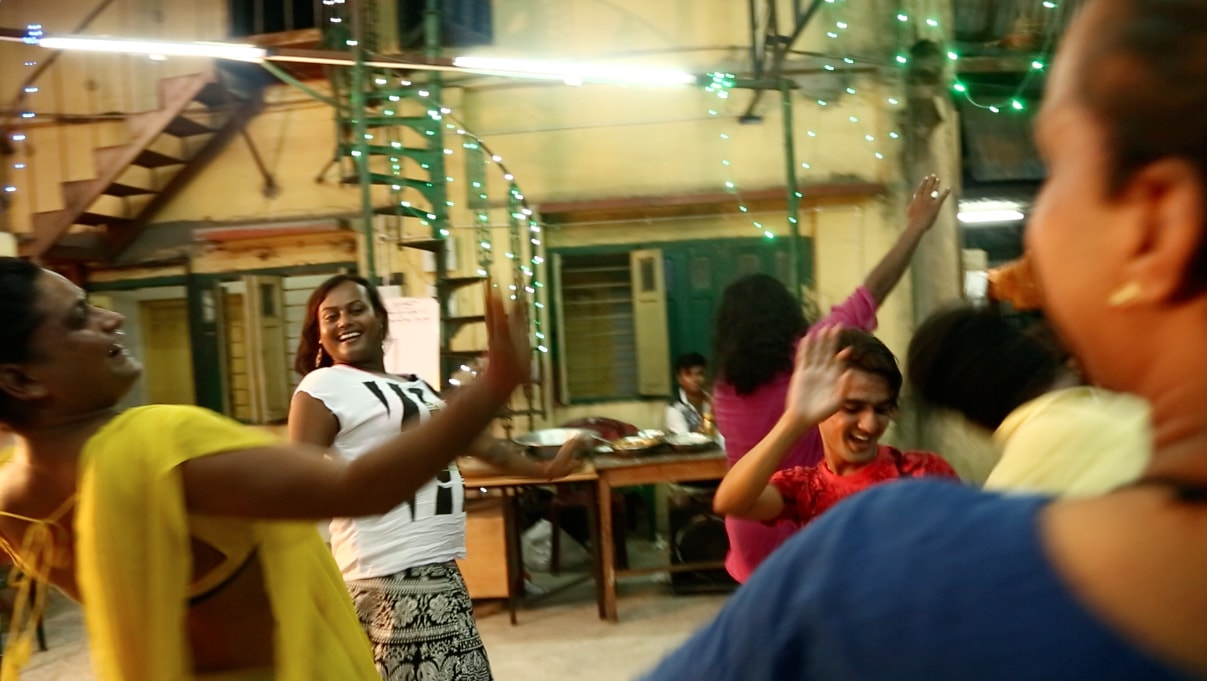Project November 16, 2017
Transgender Communities in India: Public and Private Identity
Country:

When the Indian Supreme Court unanimously ruled on August 24, 2017, that all individuals have a fundamental right to privacy "intrinsic" to the Constitution, many saw this as a victory for LGBTQKH communities across the nation. The right to privacy has been used as the main argument in the fight to strike down Penal Code 377, a vestige of the colonial era that essentially criminalizes homosexuality. While the ruling is certainly a cause for celebration among the community, some scholars and activists are critical of the privacy argument, noting that privacy is often a privilege for the elite few. Many poor, queer individuals in India do not have access to private spaces. Nearly all aspects of their lives are shaped by the spaces they navigate and reactions from those around them that permit or forbid certain behaviors. From living in joint family home structures to navigating cities through gender-divided public transportation, it seems that private moments are always under a public eye.
A look into the daily life of a transgender activist Sintu blurs the lines distinguishing public and private spheres of identity.




